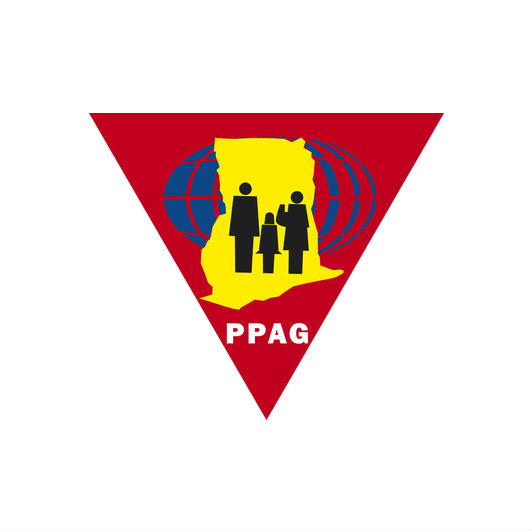
| 02 April 2024
Anguilla Family Planning Association
AFPA has pioneered family planning services in Anguilla. Today, it continues to meet the demand for sexual and reproductive health services—particularly among vulnerable communities—by collaborating with relevant Government departments in Anguilla to ensure that the sexual and reproductive health needs of the population is met. Quite notably, the Anguilla Family Planning Association was instrumental in the convening of a National Multi-Stakeholder Commission in Anguilla to address the implementation of the CARICOM Integrated Framework for the Reduction of Adolescent Pregnancy in St. Lucia. During 2015, the Anguilla Family Planning Association worked with other partners to advance the work of the National Multi-Stakeholder Commission tasked with implementing the CARICOM Integrated Framework for the Reduction of Adolescent Pregnancy. The Anguilla Family Planning Association (AFPA) is part of the Caribbean Family Planning Affiliation (CFPA). Staffed entirely by volunteers, AFPA assists the government by providing contraceptives and clinical supplies, and delivers comprehensive sexual and reproductive health counselling and education through schools. AFPA’s umbrella organization, CFPA, is the only regional non-governmental organization (NGO) devoted to family planning, and SRH in the Caribbean. CFPA serves 13 island Member Associations and 5 Associate Member Associations in the Caribbean, Central and South America. It supports these Associations with technical assistance and materials, and represents their collective interests at IPPF meetings and in the Caribbean region among governments and NGOs. CFPA Member Associations are located in Anguilla, Antigua, Aruba, Bahamas, Bermuda, Curacao, Dominica, Grenada, Guadeloupe, Martinique, Nevis and St. Kitts, St. Lucia and St. Vincent. CFPA Associate Member Associations are located in Belize, Barbados, Guyana, Jamaica, Suriname, and Trinidad and Tobago. The CFPA does not offer any clinical services or distribute family planning methods to clients, but rather focuses its work on governance and institution-building among its Member Associations. The CFPA oversees, manages and analyses core grants to 7 Caribbean Member Associations. The CFPA also submits project proposals for donor funding on behalf of the Associations.

| 31 March 2016
Planned Parenthood Association of Ghana
Ghana is a country which has deep-rooted cultural norms, and structural barriers that perpetuate poor sexual and reproductive health. These include high risks of maternal mortality, high numbers of sexually transmitted infections, including HIV, and low levels of contraceptive use. The Planned Parenthood Association of Ghana (PPAG) was set up in 1967 to provide family planning services to the people of Ghana. Over the years, its work has expanded to cover a whole range of sexual and reproductive health (SRH) services. Today, in addition to basic family planning support, PPAG provides maternal and child health care, infertility management, and voluntary counselling and testing (VCT) for sexually transmitted infections (STIs) including HIV. It also provides other SRH services (for example, programmes for the management of erectile dysfunction). PPAG’s operation depends on a team of 103 staff, over 1,000 volunteers, 300 peer educators, 551 community-based distributors (CBDs) and a Youth Action Movement membership of 810 young people. PPAG's delivers services and programmes through 1,356 service points, including 11 permanent clinics, 54 mobile clinics and over 1,000 community-based service points (CBSs). PPAG works with a huge roster of partners, right across government in health, education, HIV and AIDS, youth, and population planning departments. Its civil society networks include over 15 non-governmental organizations. It receives financial support from the Japanese International Cooperation Agency, the Japanese Organization for International Cooperation in Family Planning, UNFPA, the Programme For Appropriate Technology in Health (PATH), the African Youth Alliance (AYA), the Big Lottery Fund (BLF) of UK, DANIDA, the French Embassy, the UK’s Department for International Development (DfID), UNICEF and GTZ.







